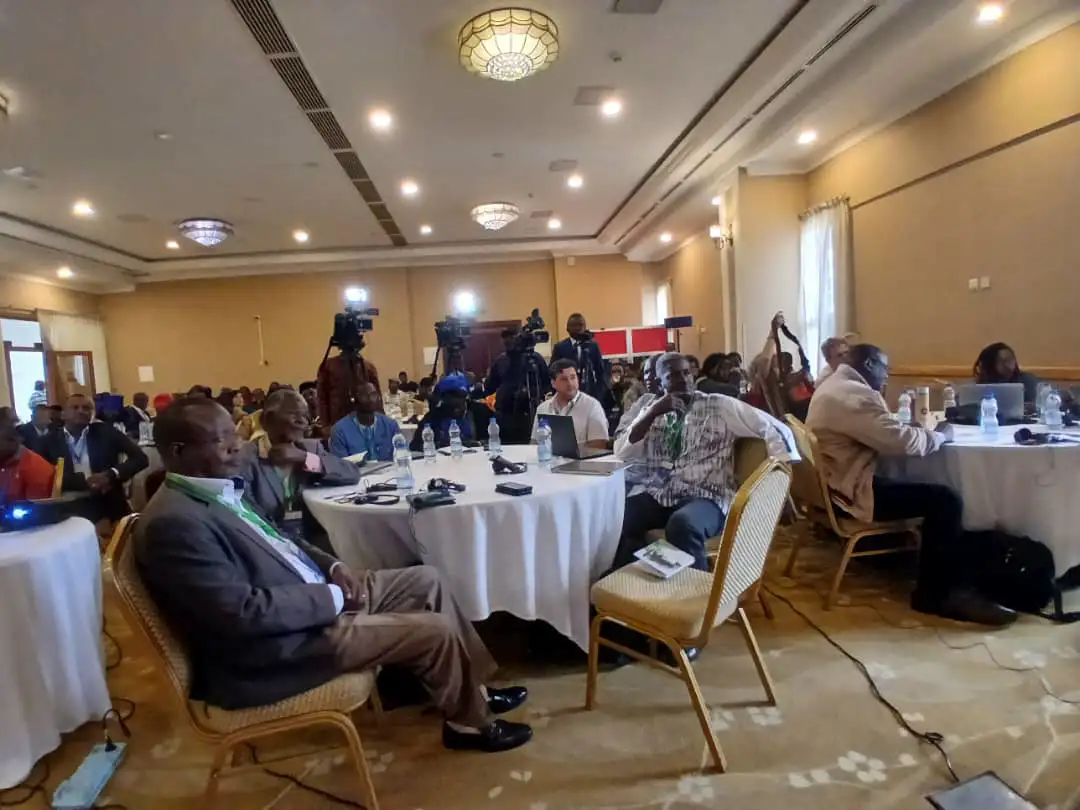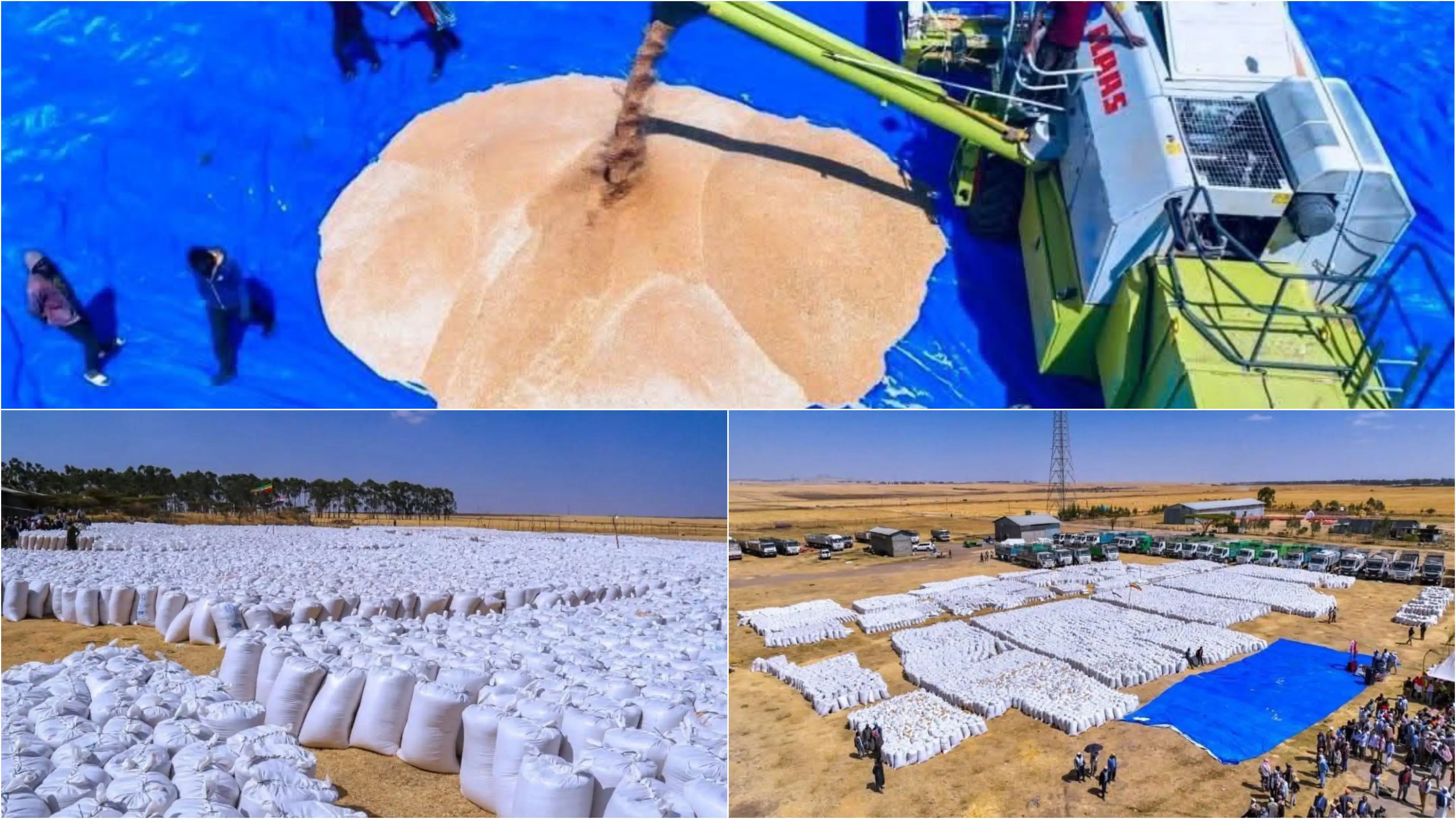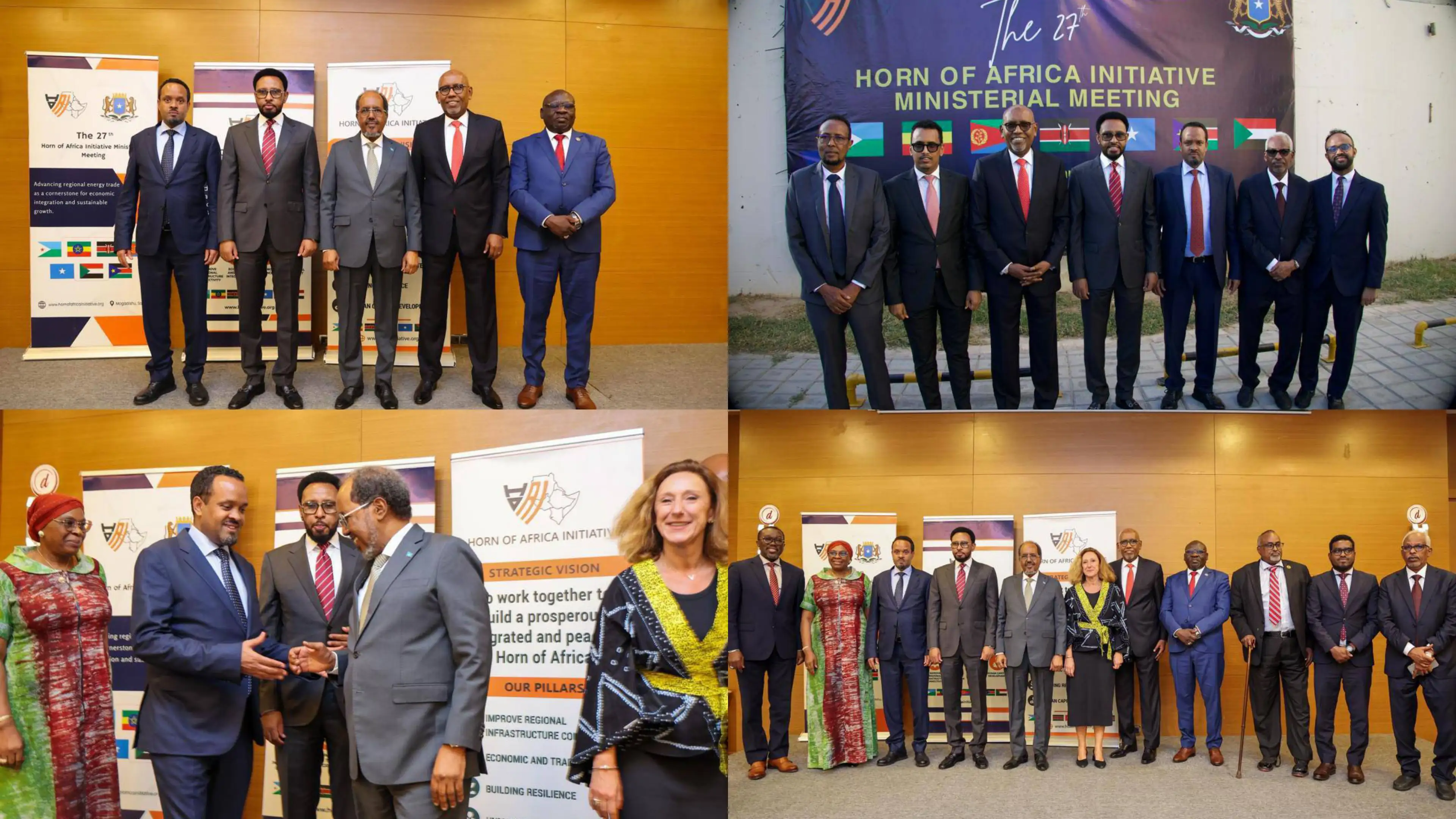By: Goshu Melisew
The Ministry of Planning and Development in collaboration with the Alliance for Food Sovereignty in Africa (AFSA), hosts the Pan-African Convening on the Future of Biodigital Technologies in Food and Agriculture, bringing together experts from across the continent.
Adressing the participants state minister of Planing and development Seyoum Mekonen remarked,harnessing biodigital techonologies are key to ensure food sovereignty in Africa.
Digitalization is no longer optional but the “bedrock of climate resilience and green growth.”,Seyoum said.
Despite holding over 60% of the world’s uncultivated arable land, Africa remains a net importer of food a paradox that must be urgently addressed through technology-driven solutions,He expounded.
The Minister highlighted Ethiopia’s bold steps, including its Enhanced Nationally Determined Contribution (NDC) 3.0, which pledges a 70.3% reduction in emissions by 2035, powered by digital innovation. Key milestones include the Digital Ethiopia 2025 strategy.
For his part chairperson of AFSA,Hakim Baliraine stated that Africa must not become a testing ground for corporate-driven digitalization. He urged policymakers, farmers, researchers, and civil society to unite in protecting indigenous knowledge, biodiversity, and community-based food systems.
Hakim notes Ethiopia's exemplary progress in wheat production, which underscores the nation's broader efforts to ensure food security and preserve its indigenous seeds.
Million Belay (PhD), General Coordinator of the Alliance for Food Sovereignty in Africa (AFSA), told EBC World policymakers and experts must assess and align biodigital technologies to ensure food sovereignty by analyzing both the risks and opportunities.
He added that AFSA reaffirms its commitment to advancing agroecology, sustainability, and people-centered innovation, emphasizing that new technologies must strengthen not undermine Africa’s sovereignty and food security.




